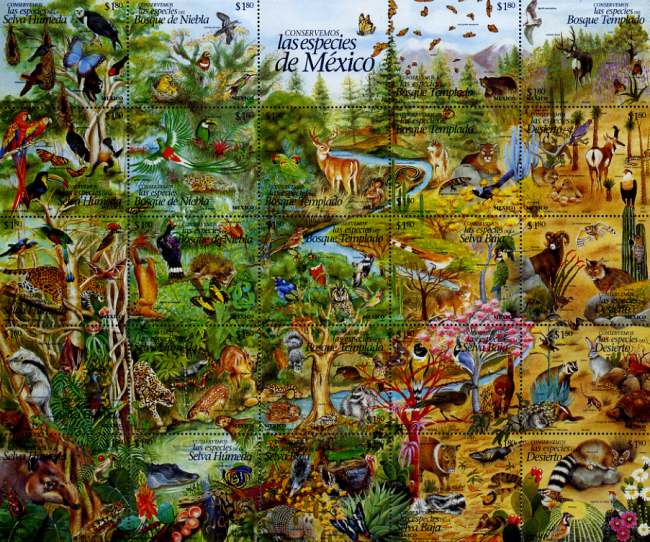Earth Day, which was April 22, reminds us that life is a web, of which humans are an integral part. We think of ourselves as depending on grains and vegetables and meat for survival, but really it is the host of invertebrates and microbes that form the base of the pyramid of life, without which our carrots and cows could not exist. The use of persistent pesticides in our yards and farms poses a threat to the life forms that support us. Neonicotinoid insecticides are a class of poisons that persist for years in leaves, stems and roots of plants. They will continue to kill invertebrates that come in contact with any part of them, including pollinating butterflies and bees, and earthworms. Many nursery-grown trees and shrubs have been treated with these chemicals, and specific compounds such as imidacloprid, dinotefuran, and clothianidin are ingredients sometimes found in consumer insecticides.
To its credit, Ortho has announced it will discontinue use of “neonics” because of worldwide concern over honeybee declines.
Persistent herbicides are plant poisons sometimes used on crop and garden weeds. Aminopyralid, Clopyralid and Picloram are chemicals found in broad-leaf weed killers such as Milestone and Tordon. Their toxicity is measured in parts per billion, and their persistence is in terms of half-lives of several years. Treated plant parts, such as straw used for mulch or compost, can poison a garden for years.
These chemicals pass unaltered, in fact are concentrated, by animal digestion, so manure becomes toxic. Grass hay crops may have been treated with broad-leaf herbicides, resulting in horse manure that will damage vegetable gardens.
As these pesticides eventually decompose, the effects of their breakdown components on soil microbes are poorly understood. Birds can be poisoned by insects affected by neonics. Freshwater invertebrates are sensitive to these chemicals.
The web of unintended consequences continues to spread, though it is invisible to us. If in doubt about compost, spread it on the lawn. If you use herbicides, choose non-persistent chemicals. Do not use neonicotinids, period.
Celebrate and protect the wonderful diversity of life on Earth.
Source:
(s) LINDA RAYNOLDS, Letter to the Editor, Cody Enterprise, May 4, 2016
http://www.codyenterprise.com/news/opinion/article_8b1a9e74-122a-11e6-b…

- Login om te reageren
